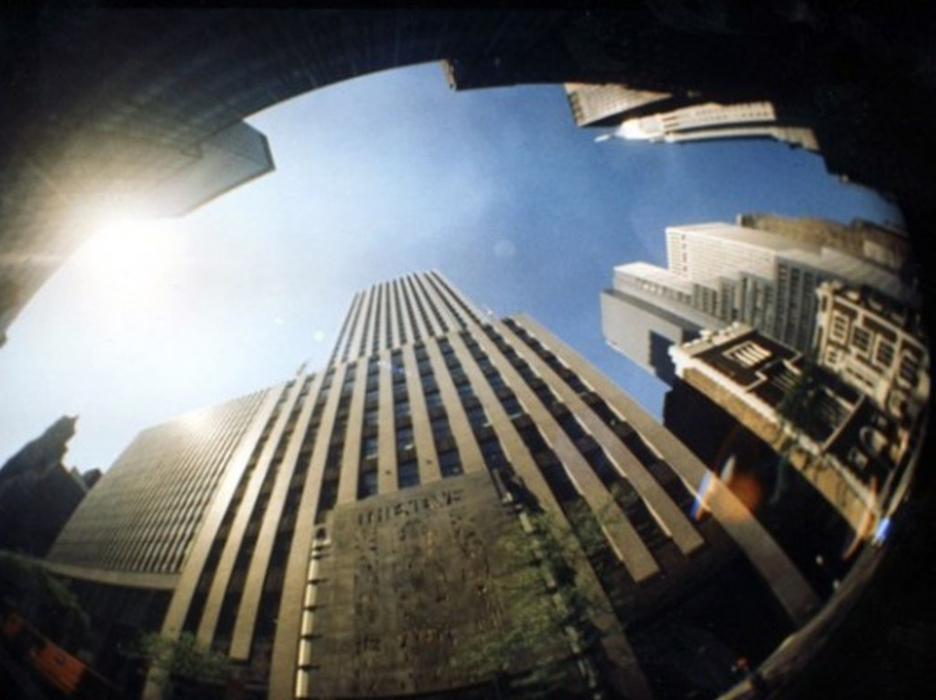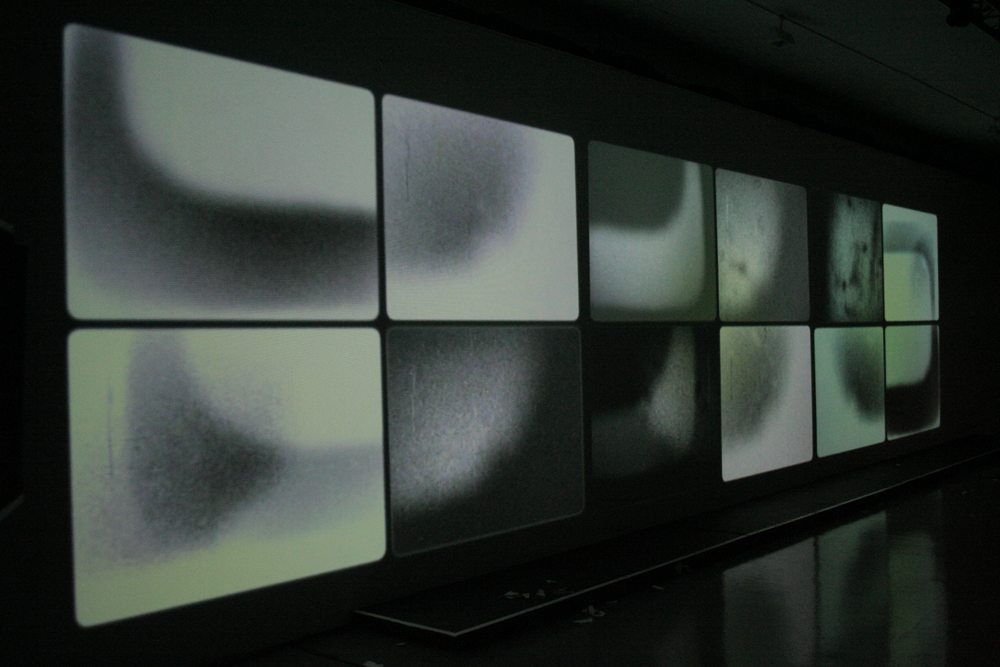Micro Notions
Judith Goddard Mike Leggett Mineo Aayamaguchi Peter Donebauer Tony Sinden
Screening of films by Duvet Brothers, David Critchley, David Hall, John Latham, Judith Goddard, Mike Leggett, Tony Sinden
Arika have been creating events since 2001. The Archive is space to share the documentation of our work, over 600 events from the past 20 years. Browse the archive by event, artists and collections, explore using theme pairs, or use the index for a comprehensive overview.
Screening of films by Duvet Brothers, David Critchley, David Hall, John Latham, Judith Goddard, Mike Leggett, Tony Sinden

Using violin and cello the duo map out a twilight sonic world that seems to tread the faultlines between improvisation and composition.

Includes: a polish counting lesson, around NYC with D A Pennebaker, a portrait of a tower block, a man with a spade, at home with KYTN regular Guy Sherwin, a cinematic Blair Witchish cut-up and a song for some swings.

A chat with Rashad about the communist, conceptual methodology that informs his ground-breaking synthetic music—a form of speculative sonic fiction writing to produce hyperreal non-representational auditive experiences.

For day three of Ultra-red’s project, the investigation will take up protocols for listening to the sound of freedom composed and facilitated by Nancy Nevárez.
A day of presentations and discussions on the theme of audio visual perception in the context of experimental music, film and art.

Two bottomless brunch writing workshops—with readings—speculating the relationship between space, infrastructure, technologies and sex.

A stroboscopic and intense sensory overload of flashing abstract forms, cut to ribbons by modified projectors.

“Mackey composes realist-mythic layering of lyrical prose unlike anything being written today.” — New York Times. “Our greatest living epic poet…Mackey’s poetry and criticism have reinvented modernism for our time.”— LitHub

A poetic multi-screen performance about “the inadequacy of the arbitrary passing moment and the impossibility of permanence”. About time and change.

How do we make the connections between the mutual aid practices of our daily lives and anti-capitalist efforts to dismantle wider systems of exploitation?

How do we sense entanglement? Can the knotting of ropes according to a poem’s rhythm make the social pulse of language matter?